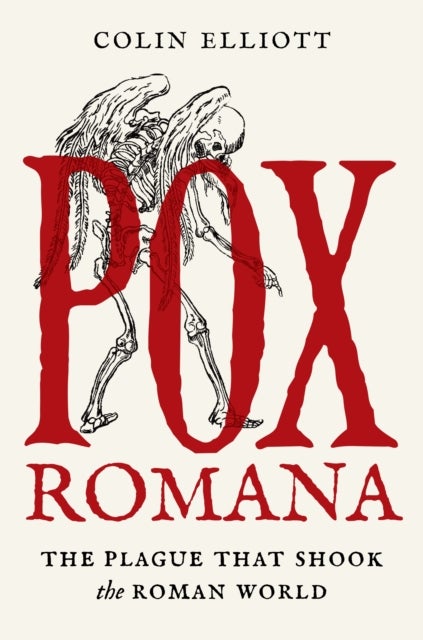
Pox Romana av Colin Elliott
399,-
<p><b>A wide-ranging and dramatic account of the Antonine plague, the mysterious disease that struck the Roman Empire at its pinnacle</b><br><br>In the middle of the second century AD, Rome was at its prosperous and powerful apex. The emperor Marcus Aurelius reigned over a vast territory that stretched from Britain to Egypt. The Roman-made peace, or <i>Pax Romana</i>, seemed to be permanent. Then, apparently out of nowhere, a sudden sickness struck the legions and laid waste to cities, including Rome itself. This fast-spreading disease, now known as the Antonine plague, may have been history¿s first pandemic. Soon after its arrival, the Empire began its downward trajectory toward decline and fall. In <i>Pox Romana</i>, historian Colin Elliott offers a comprehensive, wide-ranging account of this pivotal moment in Roman history.<br><br>Did a single disease¿its origins and diagnosis still a mystery¿bring Rome to its knees? Carefully examining all the available evidence, Elliott shows that








